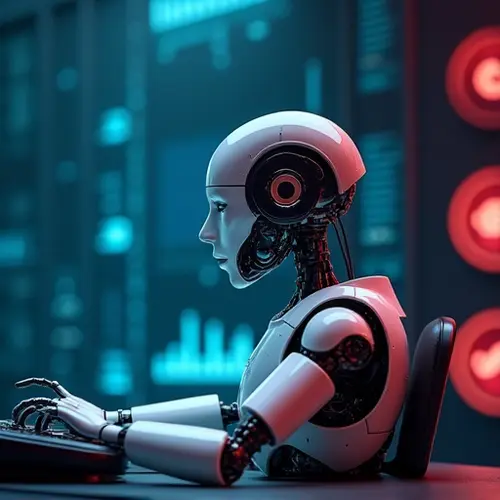
AI in Music: The Rise of Algorithmic Creativity
Artificial Intelligence (AI) is revolutionizing the music industry, from composing melodies to producing chart-topping hits. AI-generated music is no longer a futuristic concept but a present-day reality, with applications spanning advertising, content creation, and even mainstream music charts. But can algorithms truly replace human creativity, or are they merely enhancing it?
From Rule-Based Systems to Deep Learning
The journey of AI in music began in the 1950s with rule-based systems, where algorithms followed predefined templates to generate music. Over the decades, advancements in machine learning and neural networks have enabled AI to analyze vast datasets of music, learning patterns and styles to create original compositions. Projects like OpenAI’s MuseNet and Google’s Magenta showcase AI’s ability to mimic diverse musical genres, from classical symphonies to modern pop.
AI in Advertising and Content Creation
Brands are increasingly leveraging AI-generated music for advertisements, as it offers cost-effective and customizable solutions. AI can tailor music to evoke specific emotions, aligning perfectly with marketing campaigns. Similarly, content creators use AI tools to produce background scores, reducing reliance on expensive licensing.
Charting Hits: The Role of AI
AI is also making waves in the mainstream music industry. Some AI-generated tracks have even charted, blurring the lines between human and machine creativity. While skeptics argue that AI lacks the emotional depth of human composers, proponents highlight its potential to democratize music production, allowing aspiring artists to experiment without extensive resources.
The Future: Collaboration or Replacement?
The debate continues: Will AI replace human musicians or serve as a collaborative tool? Artists like Holly Herndon and Jennifer Walshe are already exploring AI’s creative potential, integrating it into their performances. As AI evolves, its role in music will likely expand, but the essence of human emotion and intention may remain irreplaceable.

 Nederlands
Nederlands
 English
English
 Deutsch
Deutsch
 Français
Français
 Español
Español
 Português
Português